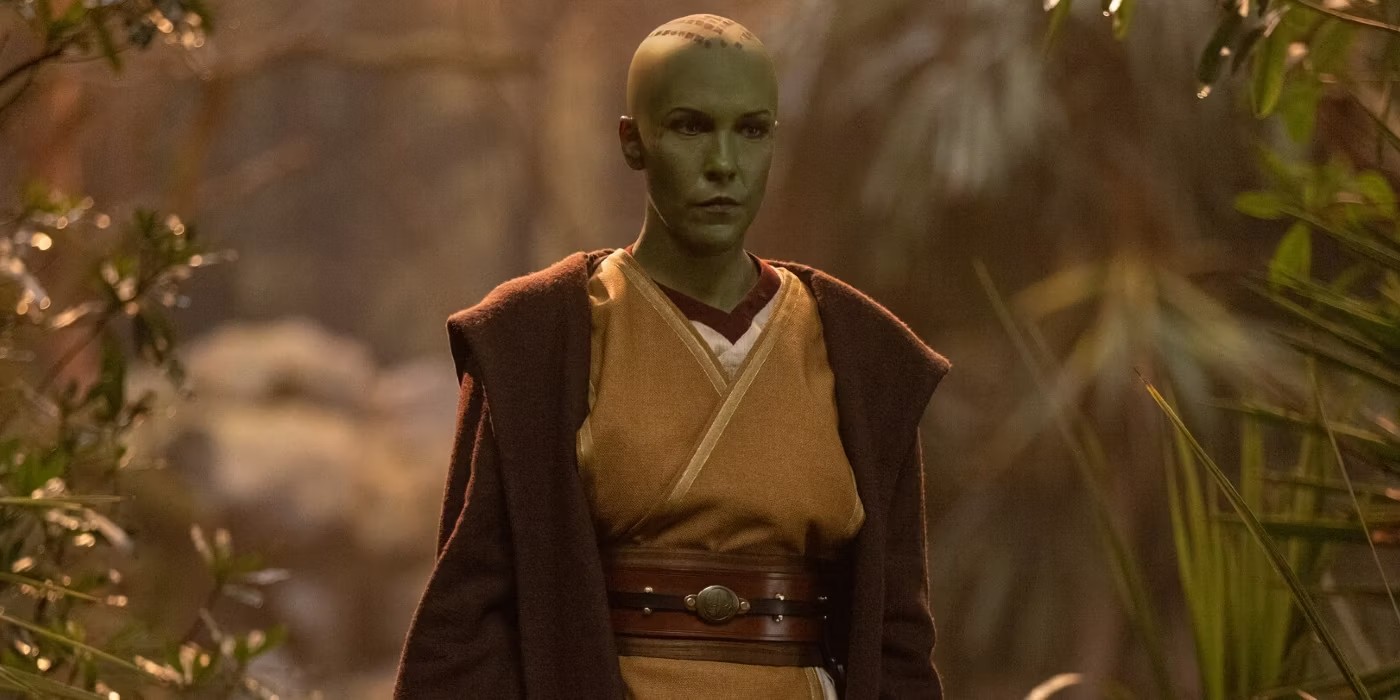Film education plays a pivotal role in nurturing the next generation of filmmakers, equipping them with the skills, knowledge, and inspiration needed to innovate and excel in the ever-evolving landscape of cinema. As the film industry continues to expand and diversify, the importance of a comprehensive education in film cannot be overstated. Recognizing the challenges students face in articulating their research and ideas effectively, the best dissertation service can be an invaluable resource, offering support and guidance in academic writing and research. This article explores how film education contributes to shaping future filmmakers, emphasizing its impact on creative expression, technical proficiency, industry readiness, and the integration of academic excellence through support services like the best dissertation service.
Foundation in Film Theory and History
At the heart of film education is a deep dive into film theory and history. Students are introduced to the milestones of cinematic evolution, from the silent era to contemporary digital filmmaking. This historical context enriches students’ understanding of the medium, allowing them to appreciate the artistry and innovation that have defined cinema over the years. By studying the works of pioneering directors, cinematographers, and screenwriters, students gain insights into the creative processes that drive cinematic excellence. This knowledge serves as a foundation upon which they can build their unique vision and voice.
Development of Technical Skills
Film education goes beyond theoretical knowledge, offering extensive hands-on training in the myriad technical facets of filmmaking, such as cinematography, editing, sound design, and production management. This comprehensive approach enables students to master essential skills, thus preparing them to adeptly navigate the practical challenges involved in transforming their creative visions into tangible cinematic works. Educational institutions play a pivotal role by providing access to the latest state-of-the-art equipment and cutting-edge software, offering students an invaluable opportunity to gain familiarity with the professional tools of the trade. Such hands-on experience is indispensable, serving as a critical bridge that connects theoretical understanding with practical application. This ensures that upon graduation, students are not only well-versed in the theoretical underpinnings of filmmaking but are also thoroughly equipped with the practical skills necessary to thrive in the highly competitive film industry.
Encouraging Creative Expression
One of the most significant roles of film education is fostering creative expression. Students are encouraged to explore their ideas, experiment with different styles and genres, and develop a personal aesthetic. Through projects, workshops, and critiques, students learn to articulate their visions and refine their storytelling abilities. This creative freedom, guided by experienced educators, helps to cultivate original voices and innovative thinkers who can contribute fresh perspectives to the film industry.
Industry Connections and Professional Development
Film schools are not only centers of creative and technical learning but also serve as crucial networking hubs that bridge the gap between aspiring filmmakers and the established film industry. These institutions connect students with a wide array of industry professionals, successful alumni, and potential collaborators through various platforms and events. The importance of these connections cannot be overstated, as they offer invaluable insights into the industry’s inner workings, its dynamics, and the ever-evolving landscape of filmmaking. Here are some key ways film schools facilitate these connections and contribute to students’ professional development:
Guest Lectures: Inviting seasoned filmmakers, directors, producers, and other industry professionals to share their experiences and wisdom, guest lectures provide students with firsthand knowledge of the industry and current trends.
Internships: Offering students the opportunity to work within production companies, film studios, or with individual filmmakers, internships are a direct window into the professional world, allowing students to learn on the job and make significant professional connections.
Film Festivals: Participation in film festivals, both as attendees and contributors, enables students to showcase their work, network with industry professionals, and gain exposure to diverse filmmaking styles and narratives.
Collaborative Projects: Encouraging collaboration on projects within and outside the curriculum helps students to build a network of peers and professionals, fostering relationships that could prove crucial for future endeavors.

Conclusion
The role of film education in shaping future filmmakers is multifaceted, encompassing the development of technical skills, the nurturing of creative expression, and the provision of opportunities for professional growth. As the film industry continues to evolve, the need for well-educated, innovative, and skilled filmmakers will only increase. Through comprehensive film education, students are not only prepared to meet the demands of the industry but are also empowered to contribute to its development, pushing the boundaries of what cinema can be. In fostering a culture of continuous learning and exploration, film education ensures that the future of filmmaking is in capable and creative hands.

 FOR FANBOYS, BY FANBOYS
Have you checked out LRM Online’s official podcasts and videos on The Genreverse Podcast Network? Available on YouTube and all your favorite podcast apps, This multimedia empire includes The Daily CoG, Breaking Geek Radio: The Podcast, GeekScholars Movie News, Anime-Versal Review Podcast, and our Star Wars dedicated podcast The Cantina. Check it out by listening on all your favorite podcast apps, or watching on YouTube!
Subscribe on: Apple Podcasts | Spotify | SoundCloud | Stitcher | Google Play
FOR FANBOYS, BY FANBOYS
Have you checked out LRM Online’s official podcasts and videos on The Genreverse Podcast Network? Available on YouTube and all your favorite podcast apps, This multimedia empire includes The Daily CoG, Breaking Geek Radio: The Podcast, GeekScholars Movie News, Anime-Versal Review Podcast, and our Star Wars dedicated podcast The Cantina. Check it out by listening on all your favorite podcast apps, or watching on YouTube!
Subscribe on: Apple Podcasts | Spotify | SoundCloud | Stitcher | Google Play




